It's a minefield of info.Especially the old newspapers,you used to be able to peruse via internet old newspapers via the state archives at the NSW state library.I don't know if it's still available.If people identified as Macedonians in Australia back in 1925 that would be a rare find indeed.It would be a very important document to prove our identity to the Australian GovernmentIn any submissions.
THe other thing as far as the Macedonian identity.Most Macedonians & if not all identified as Yugoslavs.
THe other thing as far as the Macedonian identity.Most Macedonians & if not all identified as Yugoslavs.

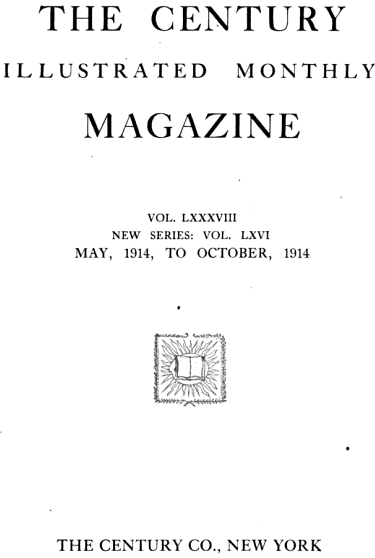
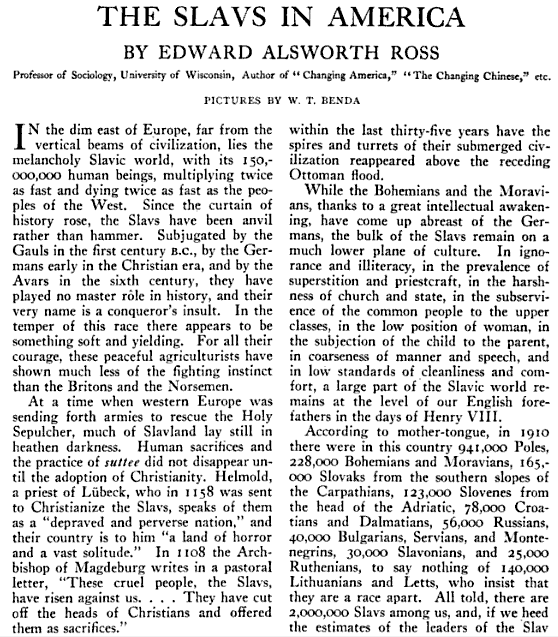
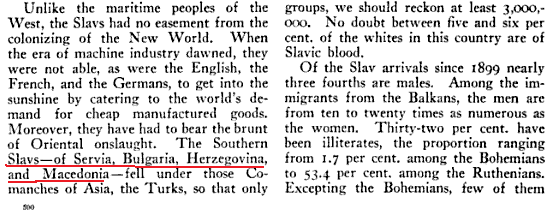
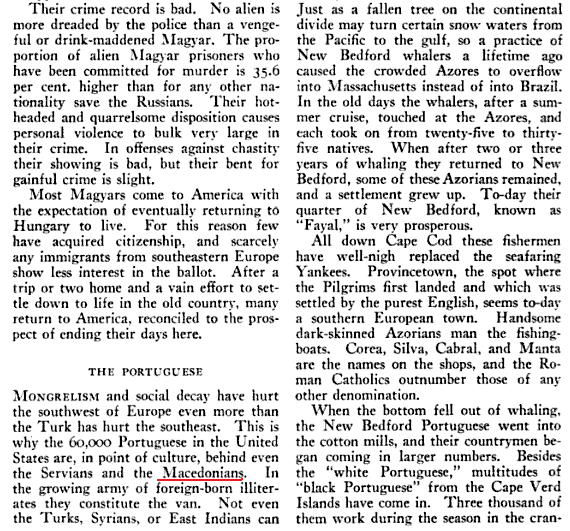
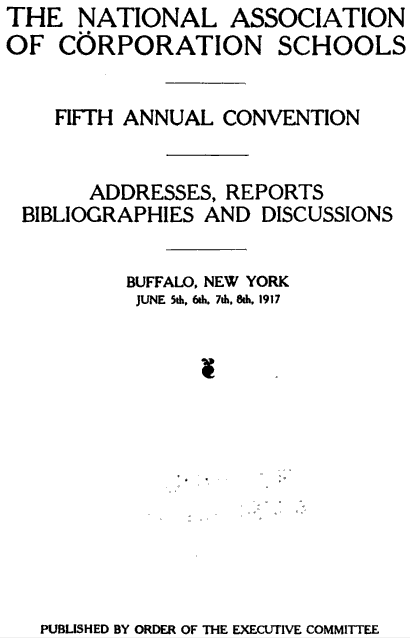


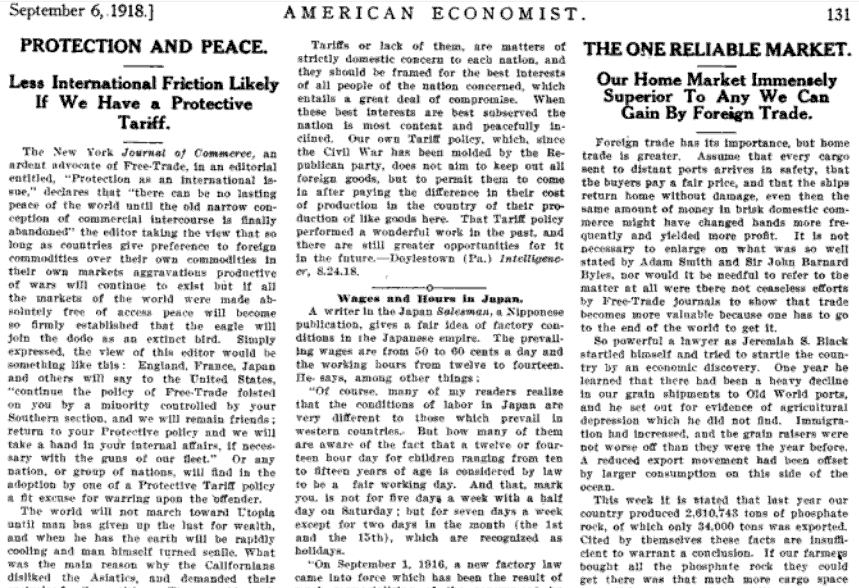
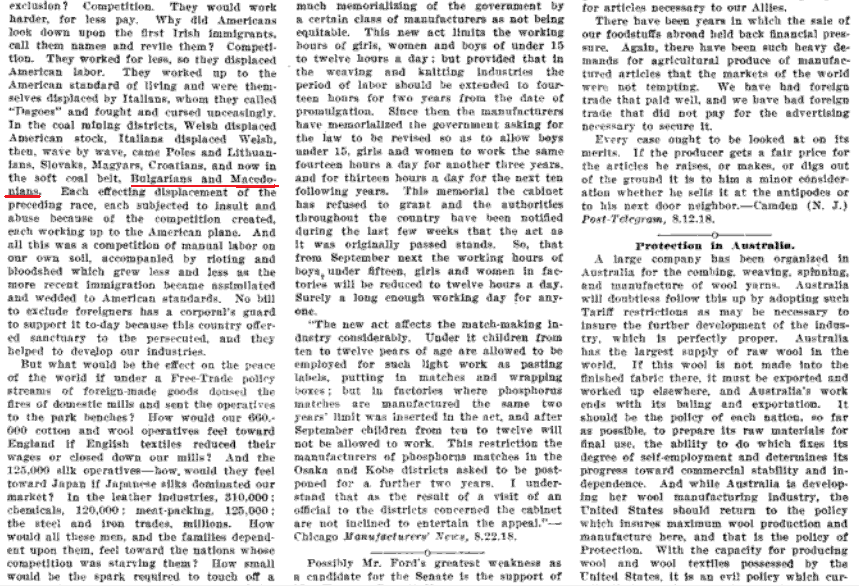

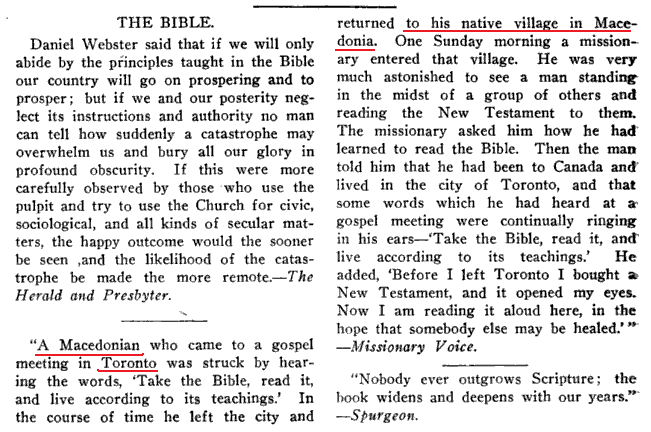

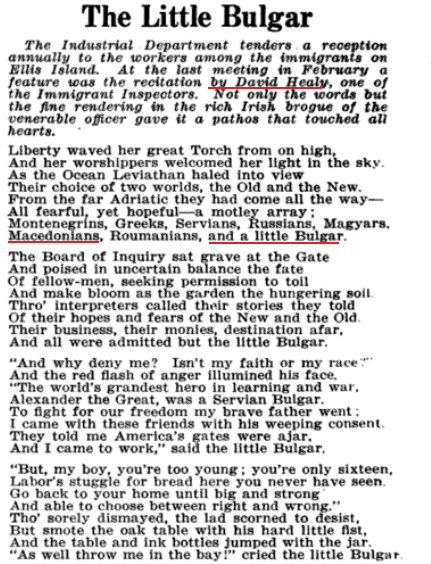

 @ The Little Bulgar
@ The Little Bulgar

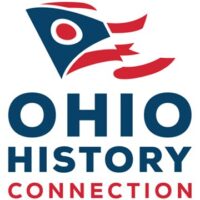


Comment